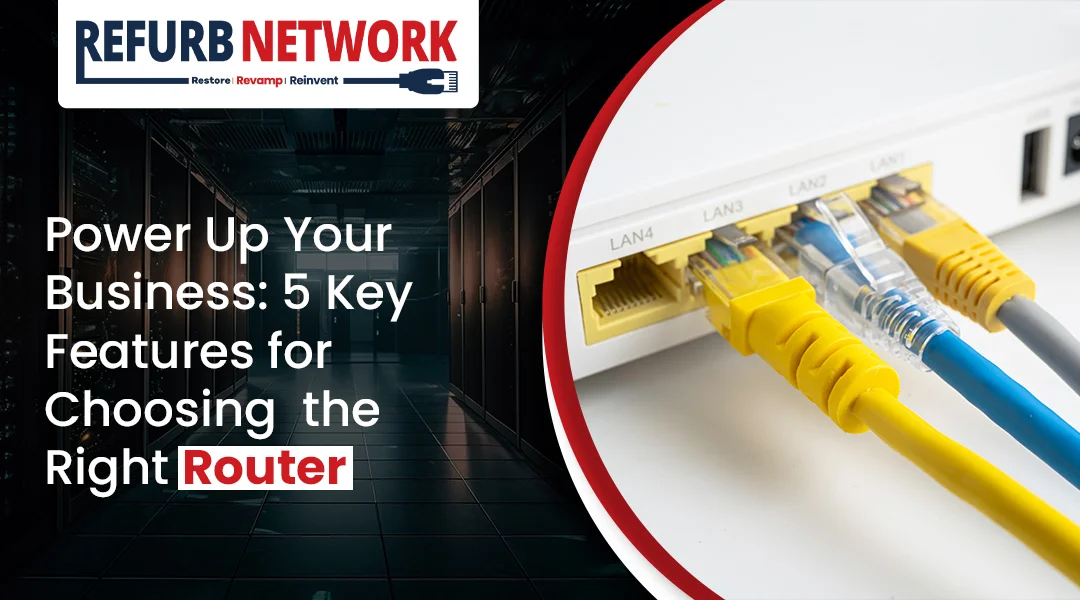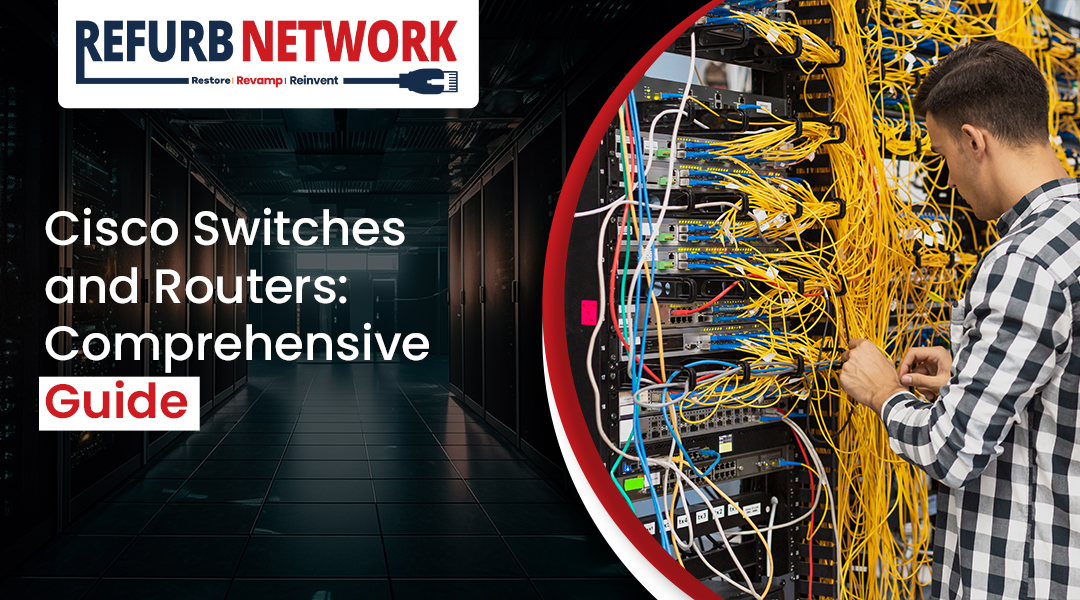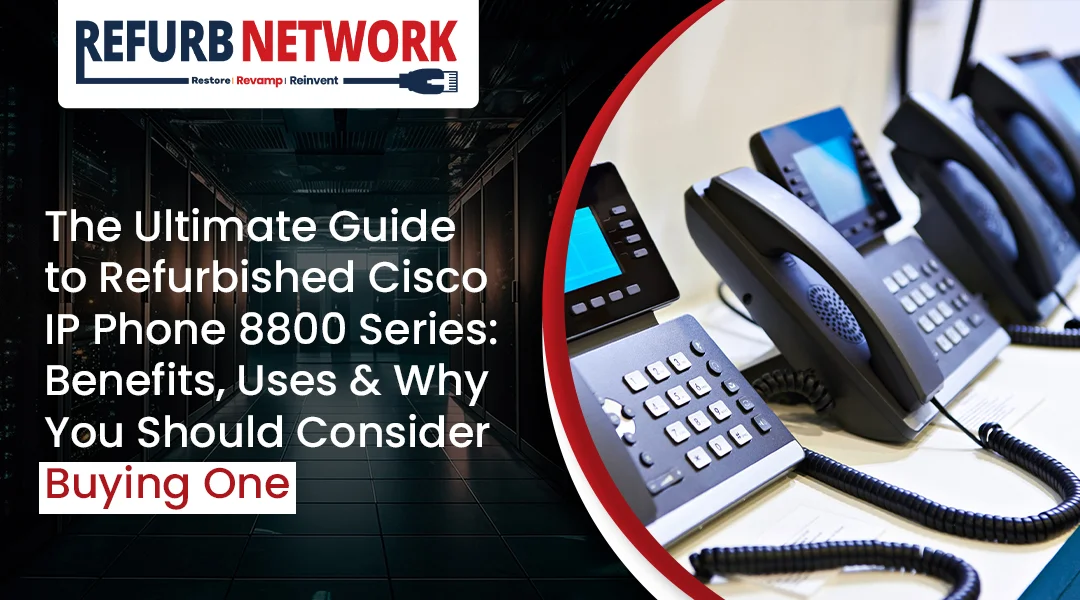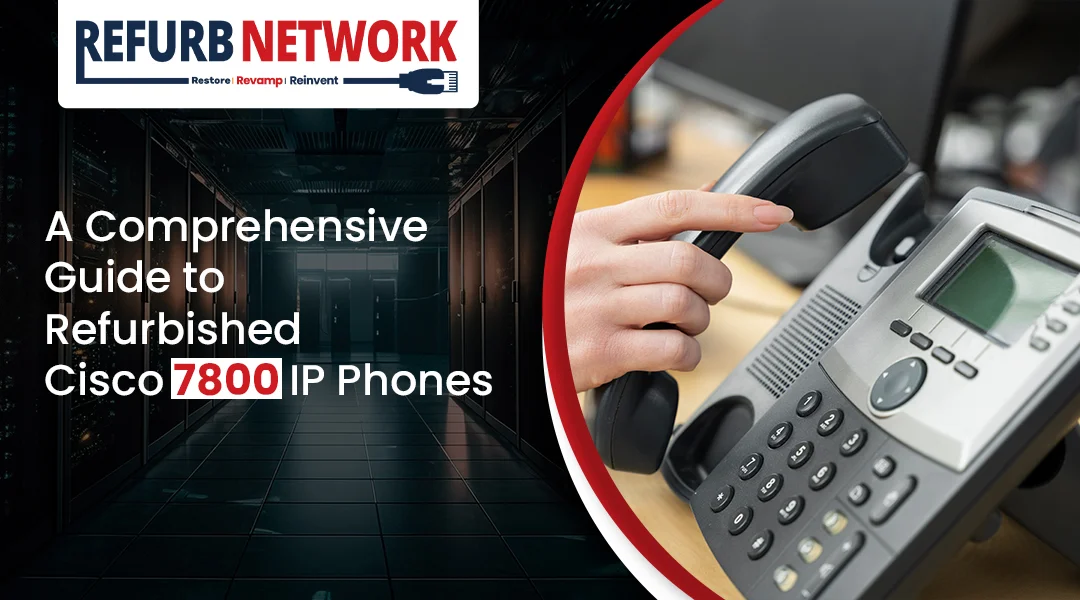Power Up Your Business: 5 Key Features for Choosing the Right Router for Business

In today’s digital age, a reliable and secure internet connection is vital for any business. But a standard home Wi-Fi router just won’t cut it. Business needs are far more demanding, requiring a robust and feature-rich router to handle multiple devices, prioritize critical traffic, and ensure top-notch security.
So, how do you choose the right business router? Here are 5 key features to keep in mind:
1. Dual-Band or Tri-Band Wi-Fi for Optimal Performance:
Most business routers come equipped with dual-band Wi-Fi, offering both 2.4GHz and 5GHz frequencies. The 2.4GHz band offers a wider range, ideal for basic tasks like web browsing on distant devices. However, it’s prone to congestion and slower speeds. The 5GHz band boasts faster speeds but with a shorter range, perfect for bandwidth-intensive activities like video conferencing and file transfers in close proximity to the router.
Tri-band routers take it a step further, adding a dedicated 5GHz band alongside the standard 2.4GHz and 5GHz bands. This extra band provides additional channels, reducing congestion and ensuring optimal performance for all your devices, even during peak usage times.
2. Prioritize Traffic with Quality of Service (QoS):
Businesses often rely on real-time applications like video conferencing and VoIP calls. These applications require consistent bandwidth to avoid lag and dropped connections. A business router with Quality of Service (QoS) prioritizes bandwidth allocation for these critical tasks, ensuring smooth operation even when the network is busy.
QoS allows you to define which applications or devices receive priority access to the internet bandwidth. For instance, you can prioritize video conferencing traffic over web browsing or social media usage. This ensures a seamless user experience for your core business functions.
3. Secure Your Network with Advanced Security Features:
Security is paramount for any business network. Business routers typically come equipped with robust security features to safeguard your sensitive data from cyber threats. Here are some key security features to look for:
- Strong Encryption: WPA2 (Wi-Fi Protected Access II) encryption is the current industry standard, offering a strong layer of protection for your wireless network. Some routers may even offer the latest WPA3 standard, providing even stronger encryption.
- Guest Network: Allowing clients or visitors limited Wi-Fi access is a must. A guest network isolates your business network from guest devices, preventing unauthorized access to your internal resources.
- Firewalls: A built-in firewall acts as a barrier between your network and the internet, filtering out malicious traffic and potential security risks.
- VPN Support: If your business allows remote work, a router that supports Virtual Private Networks (VPNs) is crucial. VPNs encrypt data traffic, ensuring secure communication between remote employees and your business network.
4. Scalability for Future Growth:
When choosing a business router, consider your future needs. Opt for a router that can accommodate your anticipated growth in terms of the number of devices and bandwidth requirements. Look for routers with multiple Gigabit Ethernet ports to connect wired devices like desktops and servers. Routers with additional features like detachable antennas can also improve signal strength and coverage as your business expands.
5. Centralized Management for Simplified Control:
Managing a complex business network can be time-consuming. A user-friendly router with a centralized management interface streamlines the process. Look for features like web-based or mobile app management that allows you to easily monitor network performance, configure settings, and troubleshoot any issues remotely.
Bonus Tip: Consider Additional Features
Some business routers offer additional features that can enhance your network’s functionality:
- Power over Ethernet (PoE): This allows you to power devices like access points directly through the Ethernet cable, eliminating the need for separate power outlets, particularly useful for areas with limited access to power sockets.
- USB Ports: These can be used to connect external storage devices or printers for easy network sharing.
By prioritizing these key features, you can select a business router that empowers your organization with a reliable, secure, and scalable internet connection, ensuring a productive and efficient work environment. Remember, investing in the right router is an investment in the future of your business.




